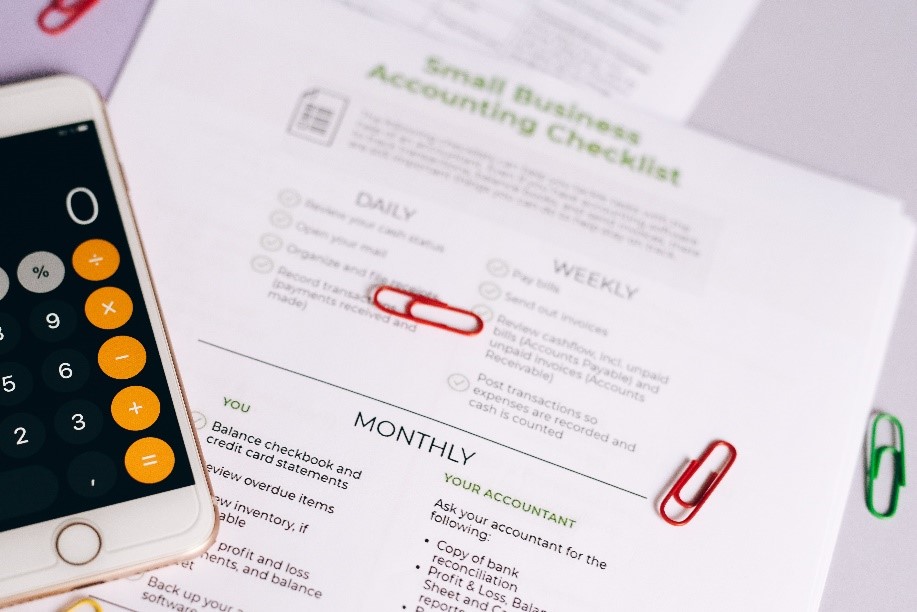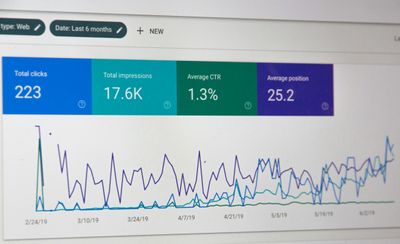If you've ever dreamed of being your own boss, starting a business might be the right move for you. The first step is deciding what kind of business structure to set up. There are many different kinds of businesses which can be run as companies or as sole traders; here we explain some of the main differences between them so that you can find out which is best for your needs.
Liability
In a nutshell, sole traders are personally liable for all debts of their business. In other words, if their company goes bust or loses a lawsuit and can’t pay its debts, the owner will have to settle them personally.
This is not the case with limited liability companies (LLCs). This type of entity has limited liability which means that shareholders are not liable for any debts incurred by the company itself.
This may sound like an advantage but there’s one major drawback: You won’t be able to act independently without following rules in your constitution, and making decisions at general meetings, or by passing resolutions - despite being given some flexibility under legislation.
Authority
Your business will be a separate legal entity if you choose to set it up as a company. This means that the company itself will have its own bank account, tax status and directors/shareholders. If you are an owner of a company, then this gives you more authority than if you were just self-employed (sole trader). You can still make all the decisions but there will also be additional shareholders making decisions on behalf of the company.
The advantage for having your business set up as a limited liability partnership is that it protects your personal assets in case something goes wrong with your business or if someone wants to sue for damages or loss.
Start Up & Capital Costs
The initial costs of starting up a business are often the most significant and can be a deciding factor when choosing between registering as a sole trader or company. These initial costs include:
- Registration fees for setting up your entity (e.g., $100 for an ABN)
- Initial stock on hand for selling products or services (e.g., $500 worth of cleaning materials)
- Capital to pay employees and contractors (costs vary depending on role & experience level)
Start-up costs for sole traders range anywhere from $500 to $10,000, while a company can cost even more than $5,000 to $50,000 depending on its size. One of the main differences is that company owners are responsible for paying taxes on behalf of their business; however, this is offset by not having to pay GST or other payroll tax.
Succession
Succession planning is an important aspect of any business, and one that you should consider before you begin your venture.
If there's no will in place to ensure that your business continues after your death or retirement, things can get very messy very quickly. If the company has debts or goes into liquidation, it's also possible that other people could claim ownership of the assets if they have been left unsupervised.
It's a good idea to have a succession plan in place before any kind of emergency occurs. This way, even if something happens unexpectedly (for example: a sudden illness), there are measures already in place for those who need to make decisions about how the business should continue operating without its original owner being present.
Retained Profits
One of the main differences between companies and sole traders is that retained profits are not available to the sole trader. A company, on the other hand, has access to retained profits tax-free when it’s time for a dividend payment.
Retained profits are essentially funds that have been left in your business rather than distributed amongst shareholders (as dividends). They can be used for any purpose including paying off debts or funding future expansions in your business.
There are no restrictions on how you use your retained earnings; they belong to you alone.
Tax Losses
As a sole trader, you’re not able to claim tax losses.
However, as a company, it can be possible that you have incurred a loss in the current accounting period and/or previous ones.
You may be able to use your tax loss to offset future profits at any time during the year depending on when you make your trading decision.
You can also carry forward your small business annual tax loss indefinitely until it is used up against future profits.
Registration & Fees
Sole traders pay a one-off registration fee.
Companies pay an annual fee. When it comes to the fees and taxes, sole traders and companies are very different! The main difference is that companies must pay income tax on their profits (and dividends), while sole traders don't have to do this.
The company tax rate is 30 per cent, while sole traders pay income tax at their normal marginal rate.
Which structure is best for my business?
As you can see, there are plenty of reasons to start a business as either a sole trader or an incorporated company. The decision will depend on your personal preference and whether you need the extra protection that incorporation offers.
Many people think they must choose between these two structures, but this isn't necessarily true. If you're starting out as a sole trader and decide later that you'd like to incorporate, there's no reason why you can't do so—you just need to be aware of the legal requirements before making the switch.
How to get started
The first step to starting a new business is to register your business name and ABN at Registry Australia. You can start this quickly and easily by visiting the business name search portal. Choose a name for your company that reflects what it does and make sure that it isn’t too similar to another brand in the same industry category. It’s important to get this part right because customers recognise well-known brands more easily than they recognise lesser-known ones!
Once you’ve made sure your desired business name is available, check the domain registration tool to see if your desired domain is also free for purchase. If everything is available, go ahead and register your business name. This means you can have your own company website and emails with a dedicated URL. (E.g. mycompany.com.au)
You should also choose a bank account for your new business as soon as possible - ideally before opening shop or launching any marketing campaigns. This way there won't be any delays in getting paid, which could put stress on cash flow.
Once you have your business name and ABN you can register for a new .com.au domain. Use our domain search tool to find out if your name is free for registration.
Feel free to call 1300 070 000 for any assistance or fill out our contact form with any questions.
Check out our blog: “Legal tips for starting a business in Australia.”





